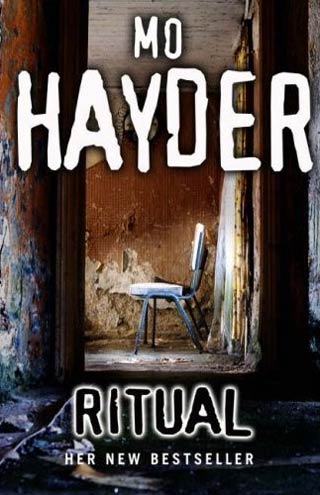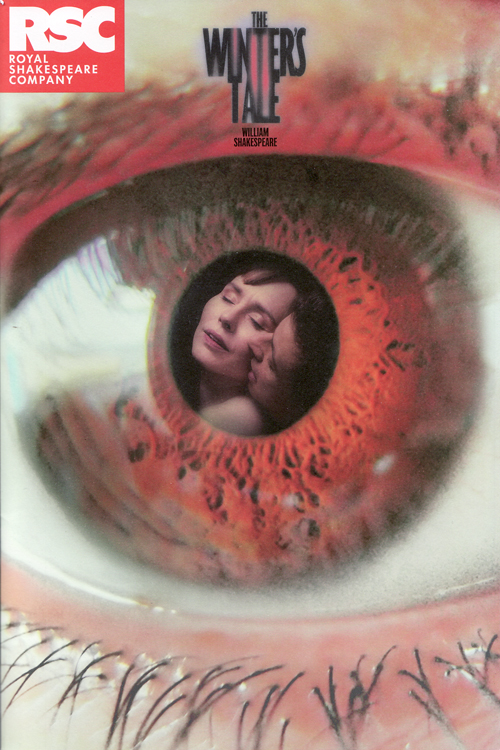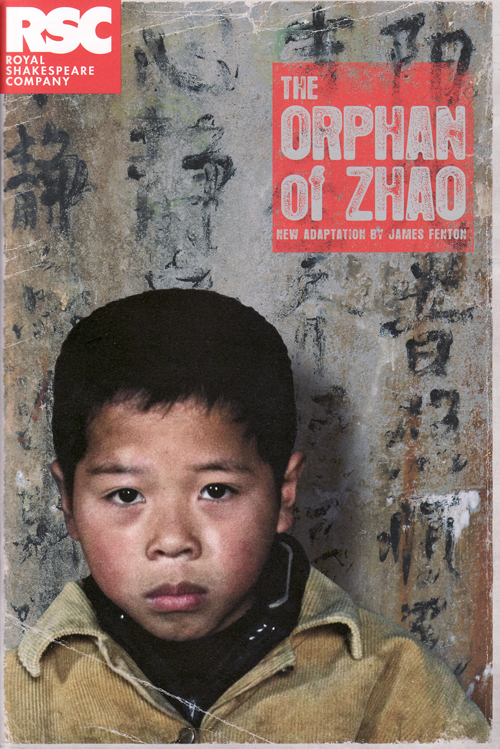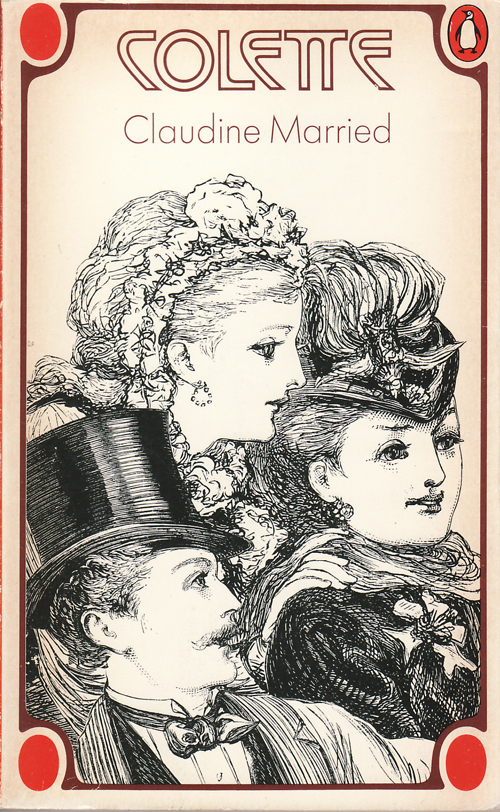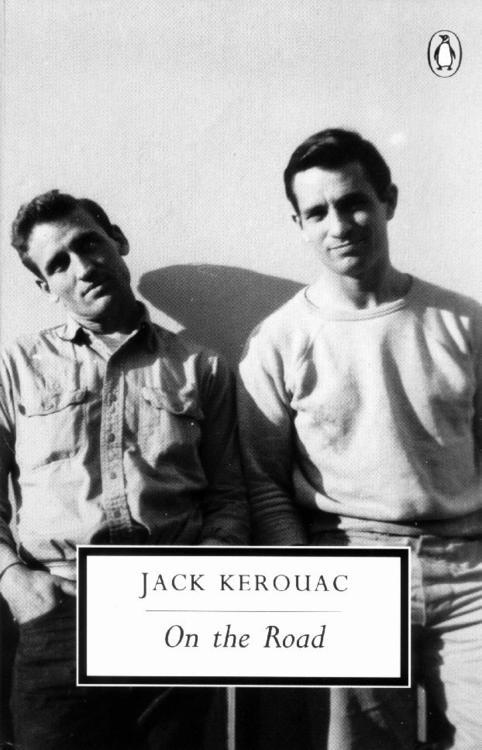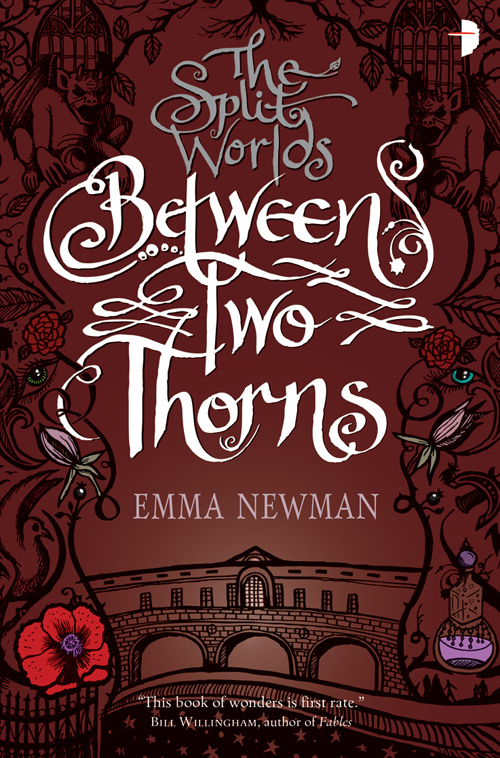Conflict has consequences, always

Saga volume 1
by Brian K Vaughan (story) and Fiona Staples (artwork)
This was a bit of an impulse buy on a recent trip to the comic shop and I am so glad I grabbed it. Vaughan completely lives up to the promise of Y: the Last Man and I’m both annoyed and excited that I am in on the new series from the start, as it will probably go on for years.
From science fiction and gender politics, Vaughan has moved into fantasy and racial politics, though there’s still some SF in there for good measure. The story opens with a baby being born to a mother with wings (Alana) and a father with horns and some magical ability (Marko). Almost immediately, soldiers burst in and the new family narrowly escapes with their lives. Why are they on the run? And can they possibly keep their newborn child safe?
Well, it appears that an age-old war between a planet and its moon has spread across the whole star system. Various other races have been drawn into the fight, being forced to take sides, while some individuals work as freelancers for the highest bidder. Alana and Marko were both soldiers who fell in love and vowed to give up fighting – which makes them deserters and, as far as most people are concerned, freaks.
There are some fantastic secondary characters, including the baby, who narrates the whole thing from some future point. There’s also freelancer The Will and his sidekick Lying Cat, which is a giant fearsome cat that can detect whether someone is lying. The Will appears to be a nasty piece of work at first but then a visit to Sextillion – a crazy giant brothel that caters to every desire – introduces an intriguing twist. I loved the detail that Prince Robot IV just wants to stay home and start a family with his wife after a gruelling two-year tour of duty, but his dad insists he go out and personally handle the Alana problem. And this book has the most crazy-ass ghosts I’ve ever come across in fiction.
The artwork is excellent, if a little graphic in places (no pun intended). But most importantly (to me) it’s well written. I’m not a great fan of war as a setting but this book looks past the big battles at some of the individuals involved, and does it with humour and pathos.
“They weren’t my men, Marko, they were trigger-happy assholes who got what was coming to them. Besides, I stepped in before you could do anything you’d regret.”
“Then how come it feels like I’ve just gotten us cursed?”
“Why, because you violated some personal pledge against hurting awful people?”
“My reluctance to use force isn’t ideological, it’s practical. Violence is stupid. Even as a last resort, it only ever begets more of the same. Conflict has consequences, always. Sooner or later, our family will pay for what happened today.”
“Ehn, so the guy whose hand you lopped off comes after us with a hook in 20 years. Add him to the list.”
I’m not sure I can place my finger on exactly what I loved about this book. If I described the plot in more detail it would sound ridiculous. But maybe that’s exactly it. Or maybe it’s the good old combination of well drawn characters, setting, plot and sub-plots with just the right level of pace and potential. Whatever, I’m in.
Published 2013 by Image Comics.
Source: I bought it for myself at our local comic shop.

